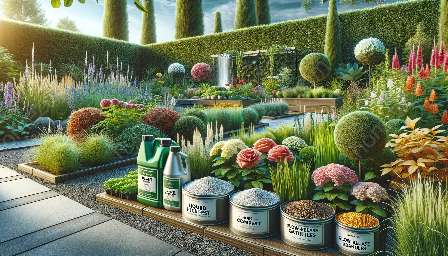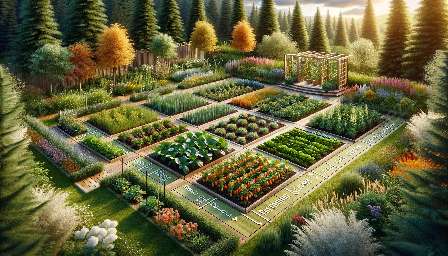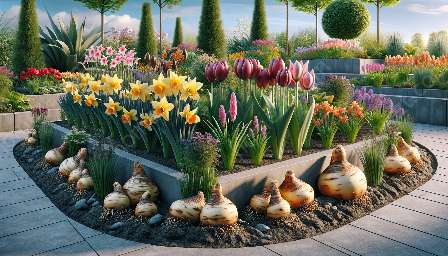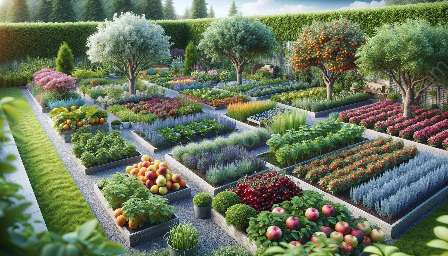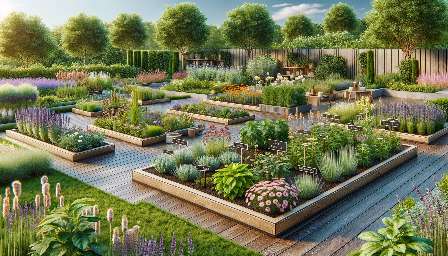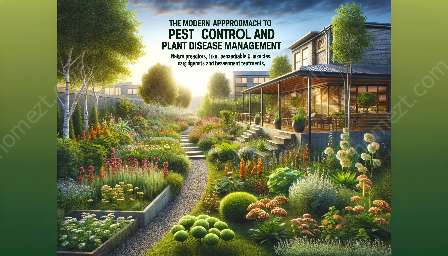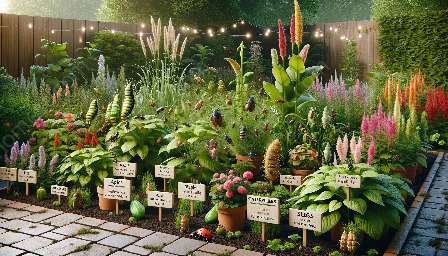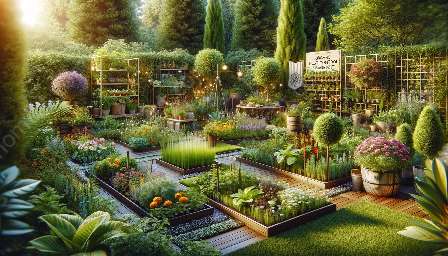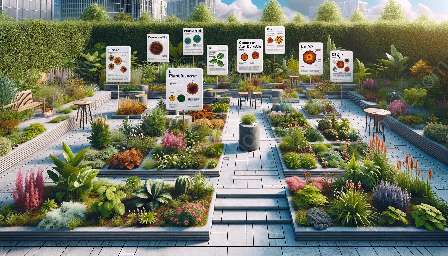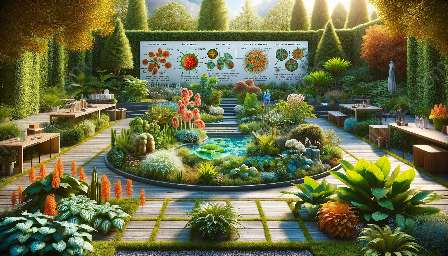Gardening is a rewarding hobby that allows you to connect with nature and cultivate beautiful plants. However, maintaining a healthy garden requires dealing with various challenges, including pest control and plant diseases. Effective management of pests and diseases is crucial to ensuring the well-being of your plants and the overall success of your garden.
Understanding Pest Control
Pests can cause significant damage to your garden, affecting the growth and vitality of your plants. It's essential to identify common garden pests such as aphids, caterpillars, and slugs, among others. Once you've identified the pests, consider implementing natural deterrents like companion planting, creating barriers, or using organic pesticides to control their populations without harming beneficial insects.
Companion Planting
One effective method of pest control is companion planting, where certain plants are grown together to create a natural defense against pests. For instance, planting marigolds alongside vegetables can deter nematodes, while basil can repel mosquitoes and flies when planted near outdoor seating areas.
Creating Barriers
Physical barriers, such as row covers and netting, can protect your crops from pests while still allowing sunlight and water to reach your plants. This approach is especially effective for safeguarding fruits and vegetables from birds, insects, and other pests.
Using Organic Pesticides
If natural deterrents alone are not sufficient, consider using organic pesticides. These products, derived from natural sources like plants, bacteria, and minerals, can help control pests while minimizing harm to the environment and beneficial insects.
Managing Plant Diseases
Plant diseases can also pose significant threats to your garden, potentially leading to the decline or death of your plants. Common plant diseases include powdery mildew, blight, and root rot. It's crucial to diagnose and manage these diseases promptly to prevent their spread and preserve the health of your garden.
Preventive Measures
Implementing preventive measures, such as proper watering techniques, maintaining good air circulation, and practicing crop rotation, can help minimize the risk of plant diseases. Additionally, selecting disease-resistant plant varieties can reduce the likelihood of infections, promoting overall garden health.
Organic Remedies
When dealing with plant diseases, consider using organic remedies such as neem oil, copper fungicides, and compost tea. These natural treatments can help combat fungal and bacterial diseases while supporting the eco-friendly practices in your garden.
Cultivating a Healthy Garden
The key to successful pest control and disease management in your garden lies in maintaining a healthy and balanced environment for your plants. By integrating sustainable practices and mindful gardening techniques, you can create a thriving garden ecosystem that is resilient against pests and diseases.
Take a proactive approach to pest control and plant disease management in your garden to cultivate a vibrant and bountiful space that brings joy and beauty to your home and the surrounding environment.






